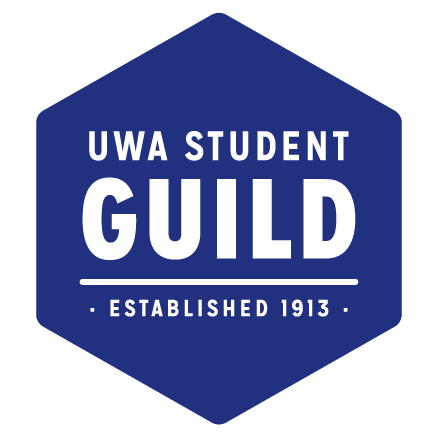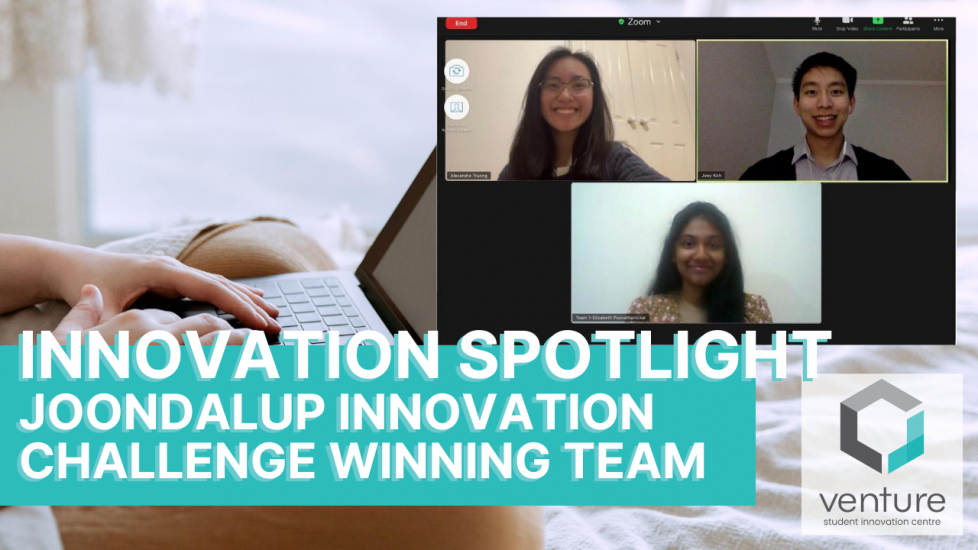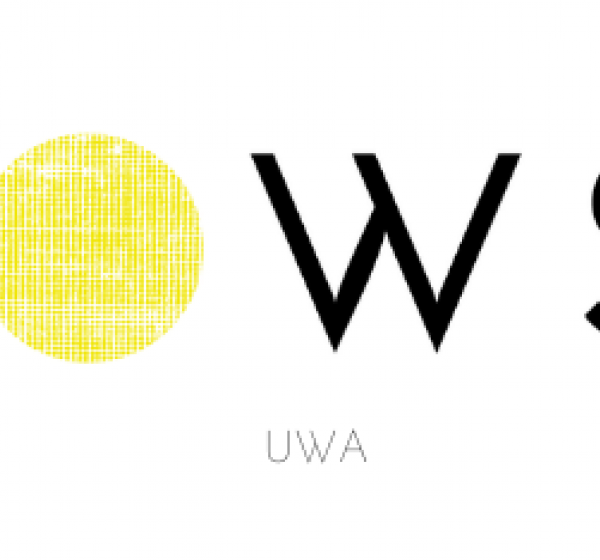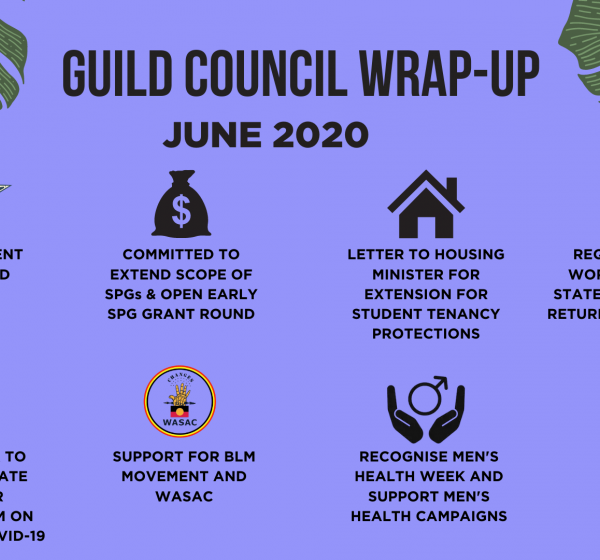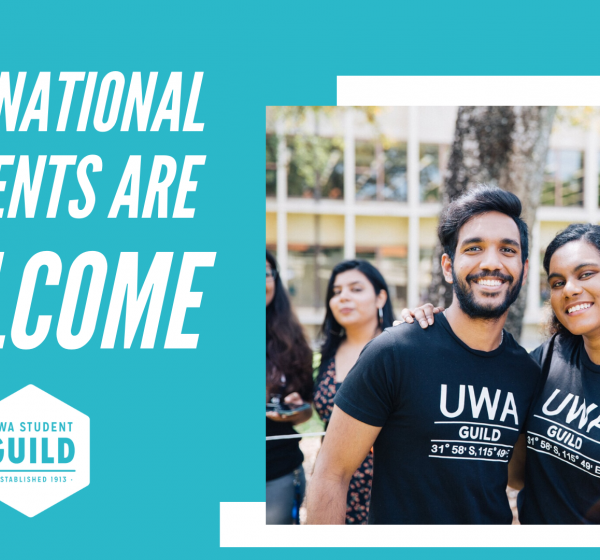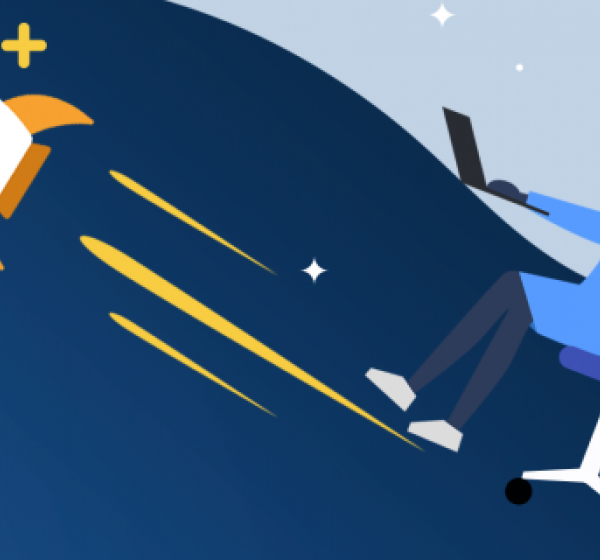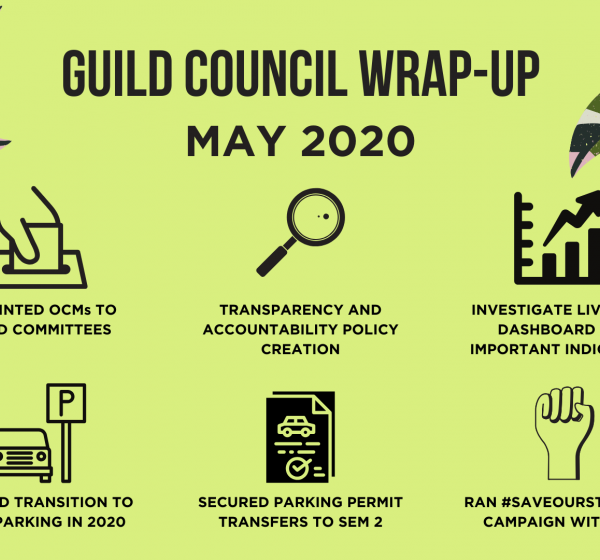Can you give us a brief description of what the Joondalup Innovation Challenge is?
Alex: The Joondalup Challenge is essentially a 3 day hackathon (on steroids!) where participants are randomly allocated into small multidisciplinary groups and tasked with creating solutions in response to a theme of our choice under the guidance of an industry mentor. These themes were related to real world problems faced by residents of the City of Joondalup. Alongside the intense team project were a series of seminars and workshops which coached us on our soft skills, from stress management to working under pressure, and creating problem-based solutions to understanding customer bases and needs.
Liz: The Challenge is an intense three day sprint in creating a startup business model targeting one of four themes facing Joondalup. Such as future workforce, cybersecurity, post-COVID economic recovery and tourism. Around 28 multidisciplinary teams of students from WA’s Universities and TAFE - consisting of over 120 students - were brought together to cross institutional and disciplinary barriers. Over the challenge the teams had to research their theme, survey stakeholders, brainstorm and prototype their solution - all while learning to use the lean business canvas. We were supported with an assigned team mentor and through interactive sessions with live speakers. What’s really unique is the fact that this was all done online and that introduced a whole dimension of learning to collaborate. Teams had to submit a short pitch presentation, and the challenge culminated with 6 finalist teams pitching live to the judges. Overall, students were given many professional development opportunities and expanded their network through the challenge.
What was your favourite part of the challenge?
Alex: The opportunity to actively reach out to businesses and customers in Joondalup in real life as well as being able to make a tangible change, not just at the business level, but also in the lives of international students in Perth. COVID-19 did a “wonderful” job in cancelling my own exchange which was set to take place in England during the JIC so it seems only fair that “student exchange internships” made a cameo - if I wasn’t able to have that experience, I’d love to make sure that no one else misses out. Gathering market research and discussing our potential solutions with said market put the whole challenge into perspective (which felt incredible) as we realised that what we were brainstorming could have a very real impact in Joondalup.
Liz: The skills learnt through the workshops allowed each member to learn more about entrepreneurship and the guest speakers all shared stories of their own experiences motivating individuals involved with the challenge. Having direct recollection of experiences from industry professionals allowed us to learn more and also put our plans in perspective. The challenge also provided us more than theory based learning as we were all expected to work towards and with businesses for the project. Therefore, many skills were picked up over the week.
Joey: Brainstorming an idea that was inspired from a past Summer I spent in Beijing as a tutor/au pair. Perth is somewhat isolated - so it was really encouraging when my team and later - the judges - saw the potential in my idea. It was also great to see how each team member introduced a different perspective in brainstorming.
How did your team address the issue(s) raised by the challenge?
Alex: There were 4 themes, each with about 7 questions.
We chose theme 1: Creating successful businesses in Joondalup in the COVID-safe economy, addressing the question: “How might local businesses be encouraged to explore global markets for international business and trade?” Our approach to this question was to take the resources that we currently had (ie local businesses and the wealth of market and cultural knowledge possessed by international students) and connected them with a (potential!) app. It involved market research to accurately paint a picture of what our target audiences needed, after which we tailored our pitch to best address their needs. Businesses need cultural knowledge to best market their products overseas whilst international students need employment opportunities - and voila, our app platform was born.
Liz: We addressed the issues by first using the information provided by FRANK and then also collecting perspectives of local Joondalup businesses and international students through surveys. This allowed us to have a more accurate data base which we then used to pivot and shape our final app. The app attacked the issue concerning the low employment sources for international students by connecting them to local businesses. It assisted businesses wishing to expand by creating a program which would be cheaper for local businesses to find a talent pool and also knowledge on expanding.
Joey: Answering how we could encourage local businesses to explore international markets, we provide a software platform and program for businesses and students to add value for each other. Businesses gain international insight and perspectives, while students would gain work experience and professional development.
What was the most important part of your team’s success?
Alex: (I’ll be honest, it’s hard to attribute it all to one part!) Flexible leadership and teamwork. Our team prides itself on its diversity (hence the name Diversiform)- not just in skill but also in areas of expertise. We outlined these at the very beginning and were able to use everyone’s strengths to our best advantage, because no one person was a genius at every skill required so being able to substitute out leaders depending on the task made the team work. We were a well-oiled machine (pardon the cliche) by the midpoint of the competition and continued that throughout until pitch night. (And beyond!)
Liz: Team dynamics were crucial towards the challenge. The members had a diverse set of skill sets, considering majors as well as other interests which meant that each member was able to contribute something substantial and irreplaceable. The team also remained motivated until the end of the challenge and each member was able to contribute time and effort. Members also had a unified goal and every member had an equally important task to uphold and a deadline to meet.
Joey: Working with a bunch of strangers effectively within three days is not easy. The largest reason for our success would be the time and effort our four team members made in the week prior to the official 3 day window. We managed to discover and apply an effective way of leveraging our individual skill sets to complete the tasks. Sustaining our drive to move forward was achievable from the rapport and encouragement we gave each other.
What motivated you to compete in the JIC in the first place?
Alex: When I saw the opportunity to network with people beyond my major all around WA as well as be professionally coached in vitally important soft skills (such as public speaking, leadership, and creative problem solving) whilst working intensively in a multidisciplinary team all together in one program, I couldn’t pass it up! Let’s just say that the adrenaline from high-pressure environments is addictive.
Liz: It seemed like a great opportunity. There was a chance to learn entrepreneurship skills, meet industry professionals and also network with people your age.
Joey: I thoroughly enjoy hackathons and competitions. Especially, when you work with a multidisciplinary team of strangers. You are pushed to apply yourself and grow.
What would you recommend to other students wanting to get involved?
Alex: Do it! It’s an incredible and highly fulfilling way to spend your winter break, so keep an eye out for the notifications and read your UWA emails. Take every opportunity to say hi to people that you meet, connect with them on social media and step out of your comfort zone. There are mentors who have decades of business experience under their belt - having a chat to them could reveal the next big startup brainchild. Furthermore, even if you aren’t a business major (I had to google up what an IPO was during the competition - that was my level of business knowledge), the skills that you learn are applicable to any field, from management to resilience, and communication to teamwork.
Liz: Go for it! What matters is you try. Feel free to drop me an email or say hi on LinkedIn if you ever want some specific advice. I’d be happy to give my two-cents of advice.
How has competing in the JIC developed your understanding of innovation?
Alex: If you have a really cool idea (according to yourself), but no one else needs it, then that idea is essentially null until someone else does need it. I previously thought that innovation in real life would just be having ideas left, right and centre, but now I realise that it’s about harnessing one’s creativity to magic up a solution to a problem that is being experienced. We witnessed this firsthand in our own brainstorming stage as we literally had pages of potential ideas to pitch - but it wasn’t really innovation as there was no tangible solution because we hadn’t properly defined the problem yet. (And without a problem, there’s no solution) Our mentor, Marie, was our saving grace in redirecting us and helping us to focus our ideas and pivot where needed.
Liz: Innovation is more focused on finding a problem and then providing a solution to that problem instead of starting a business that would guarantee a profit. Although it’s been said to me before, the competition really put things into perspective when we had to actually design an app that people needed instead of a variation of a product that already exists in the industry.
Joey: Echoing the lessons of past experience, it reinforced the importance of a need-based approach and focus on customers.
Have you had similar experiences with programs that develop students employability skills, and would you recommend them?
Alex: Last year, I participated in the Common Purpose Young Leaders Programme, which was similar but focused on the cultural side of teamwork and employability. I’d say that having this experience helped greatly in this competition as well as I was able to resolve and understand conflicts in a much cleaner manner.
